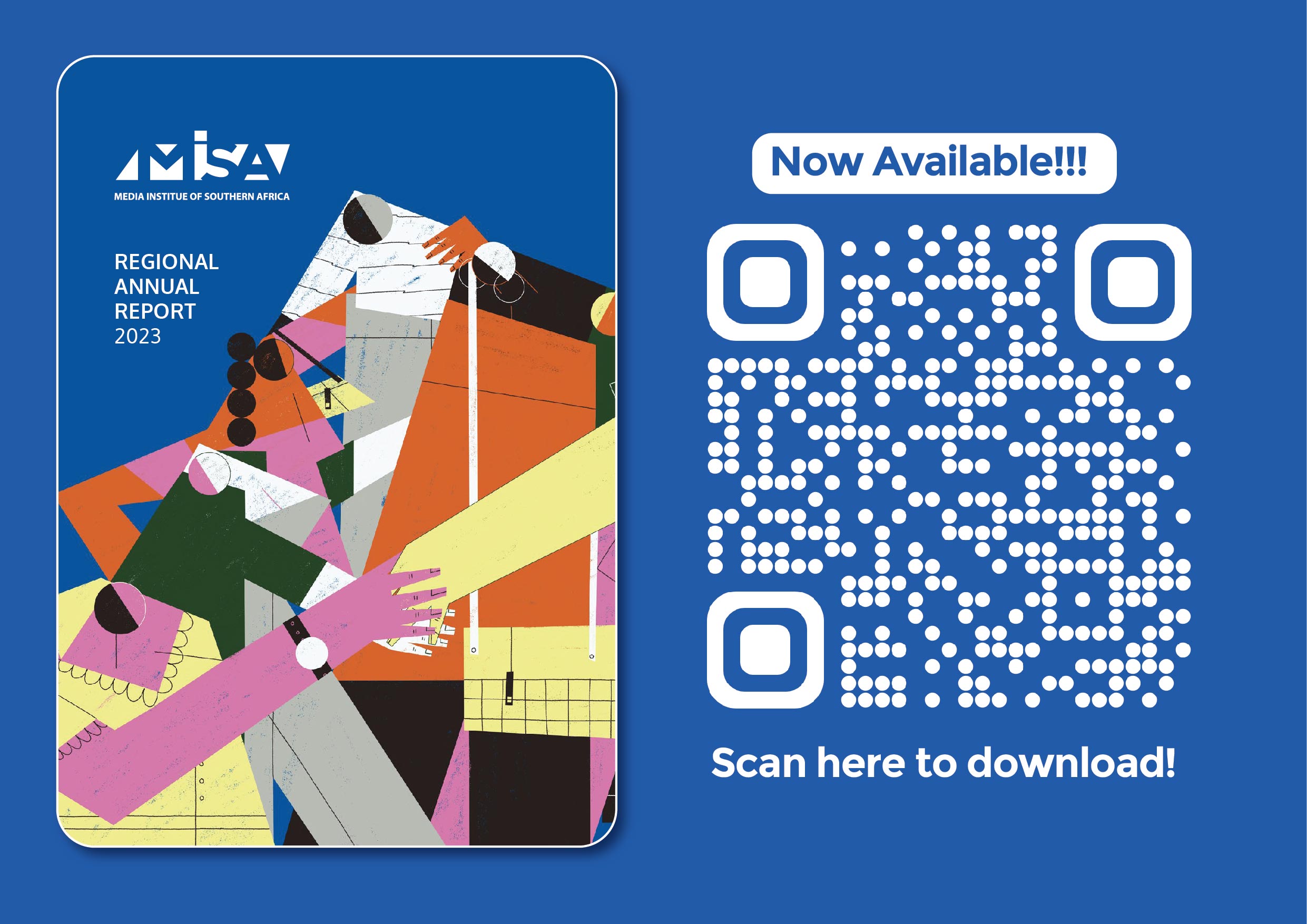Expression in the Age of Fragmentation
The world is more fragmented today than ever. Strife is more pronounced at a global scale, with conflicts degenerating to armed conflict.
The number of people living in fragile states is perpetually on the increase, while more people are facing starvation due to climate change- induced famine.
Extremism is on the rise, as much as the right-wing thinking polity which has swept across Europe, including the traditionally left-wing in countries such as Sweden.
The global order has shown beyond doubt that the collective approach to conflict resolution is increasingly under strain, with the global leadership generally on retreat.
In these precarious conditions, expression and truth-telling are the first layers of casualty, as nations recoil, become inward looking, focusing on narrow national issues at the expense of a holistic picture. Suffice to say the entire construct of humanity is highly vulnerable due to such inward-looking approaches.
Fragmentation at a global scale is a fertile ground for broad, dwindling support to issues of governance and humanity.
MISA believes collaboration and solidarity will become the most strategic and responsive mechanisms for defending expression, which is increasingly under attack from moving targets.
This raises the need to attend to the elephant in the room within the developmental and governance support ecosystem – the power relations between the global north and the global south.
These relations, frequently rather than not, are hidden in elusive concepts such as collaboration, and when implemented, they are acts of an extractive relationship bordering on exploitative existence.
The report is divided into the following sections:
- Chairperson’s Report
- Regional Director’s Report
- Country report snapshots










